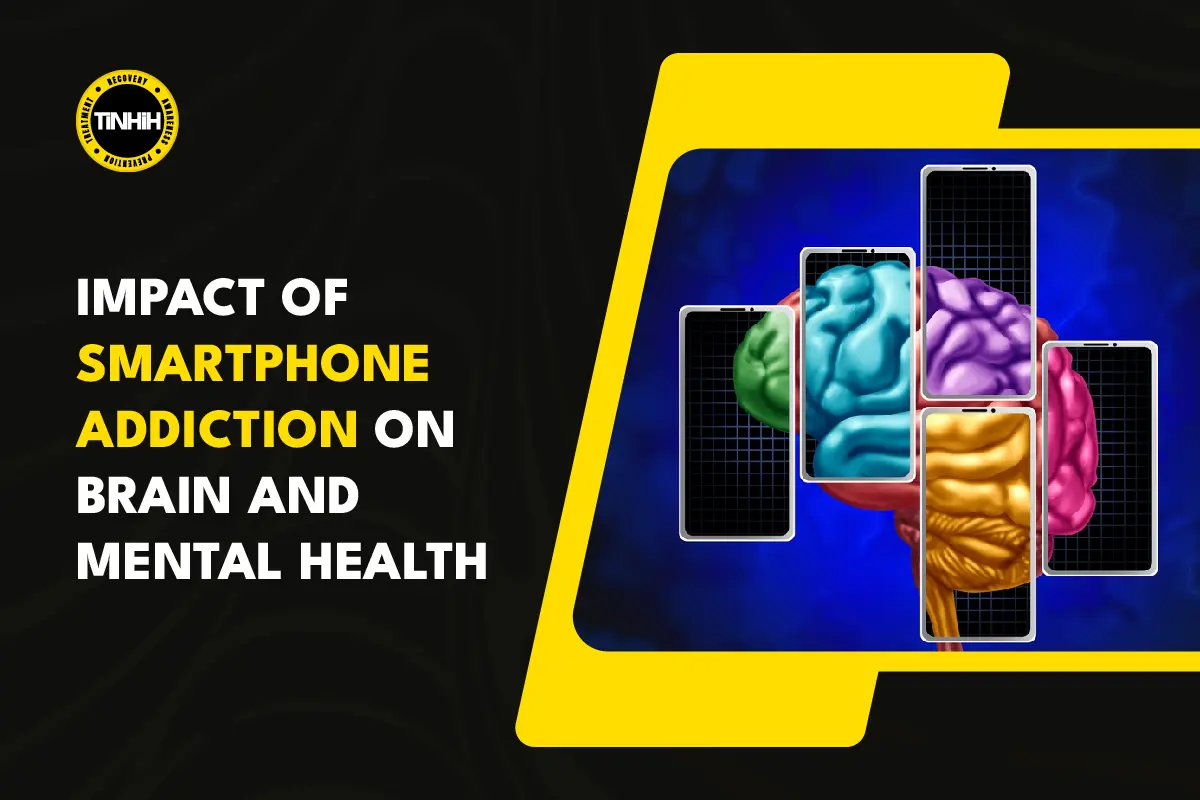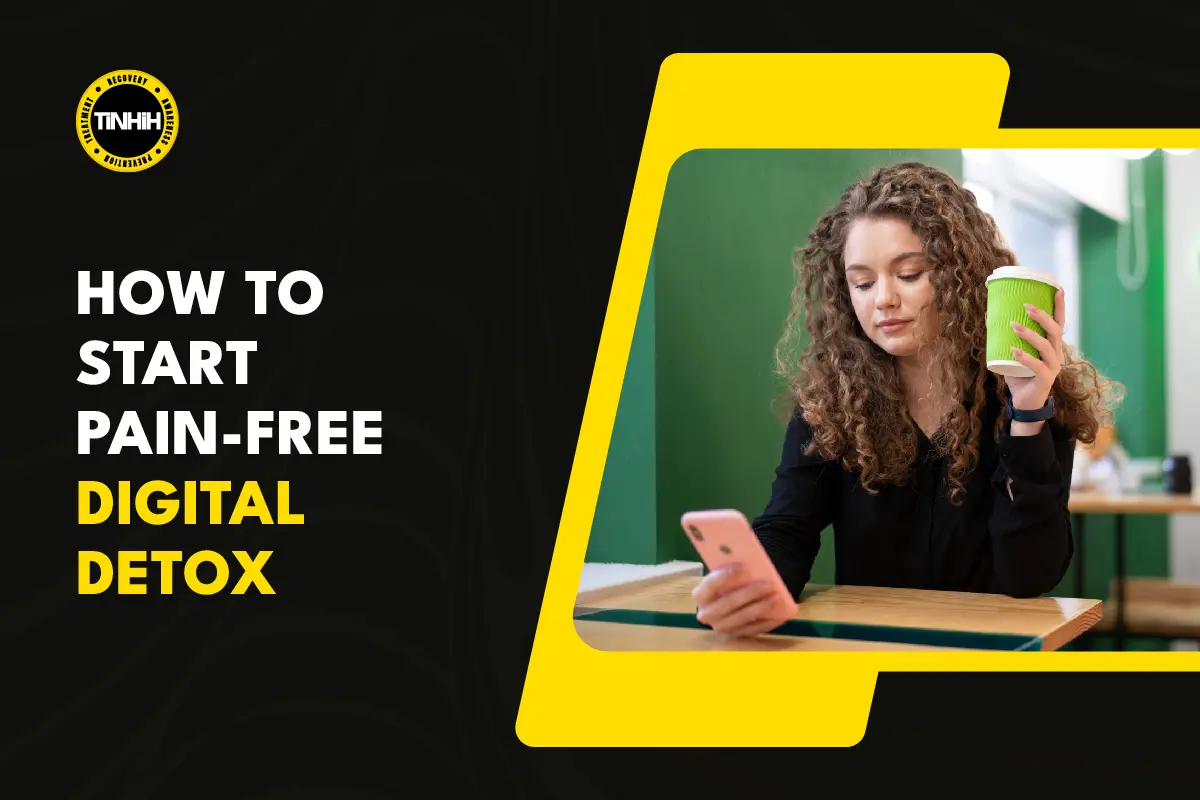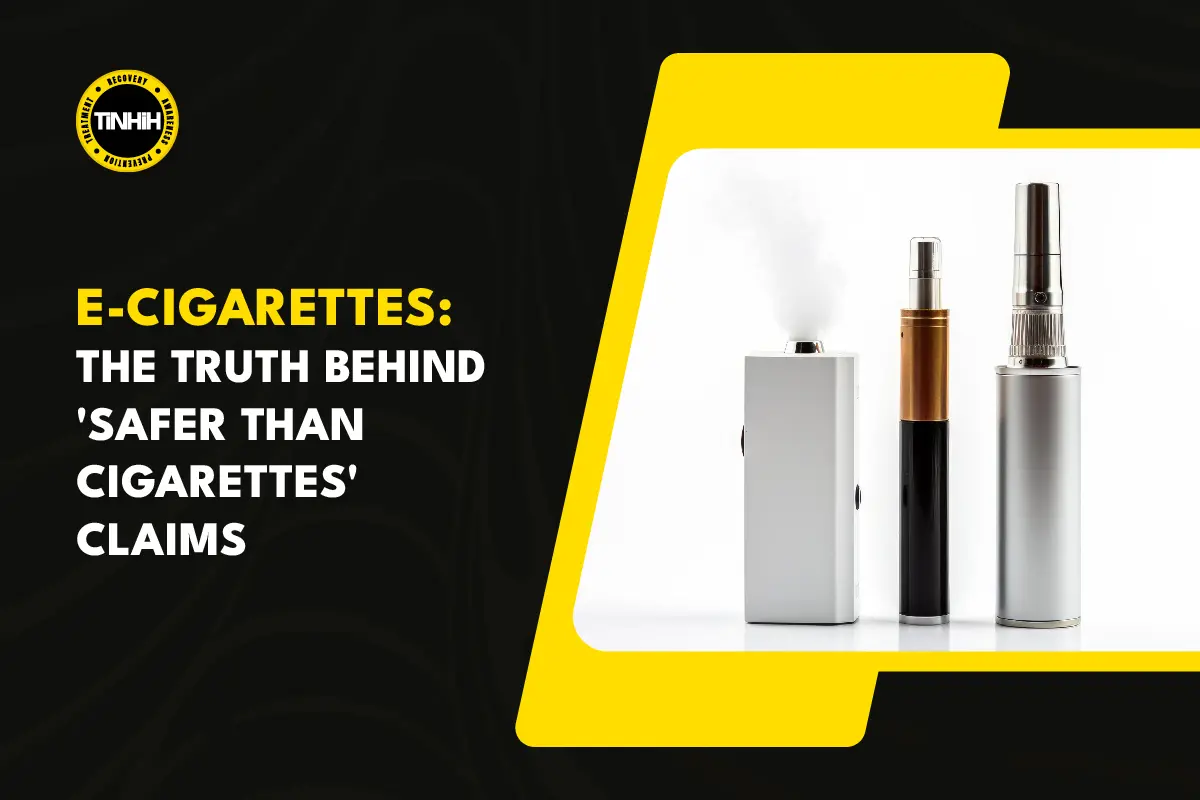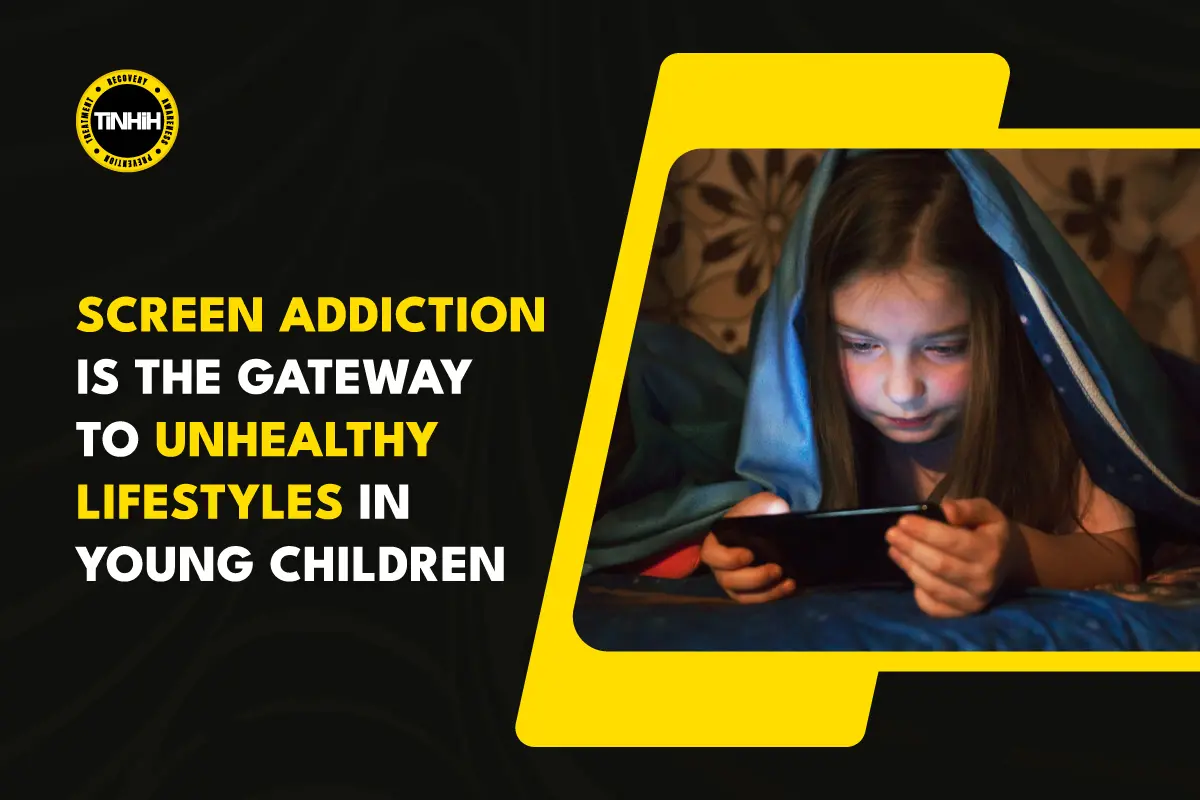
How To Start Your Pain-Free Digital Detox

Where screens reign supreme and notifications clamor for attention, the concept of digital detox emerges as a beacon of hope for those seeking respite from the incessant demands of technology. In this era of constant connectivity, where smartphones are extensions of our hands and social media consumes our waking hours, the need to unplug and recalibrate has never been more urgent.
Table of Contents
What is a Digital Detox?
In a world where digital devices have become ubiquitous, and technology permeates every aspect of our lives, the term “digital detox” has emerged as a popular buzzword. But what exactly does it entail?
A digital detox refers to a period of time during which individuals purposefully disconnect from electronic devices and digital platforms, such as smartphones, computers, tablets, and social media. It is a conscious effort to step away from the constant stream of digital information and stimuli that inundate our daily existence.
The primary goal of a digital detox is to break free from the compulsive urge to constantly check emails, scroll through social media feeds, and respond to notifications. By unplugging from the digital world, individuals create space for reflection, introspection, and meaningful engagement with the world around them.
Why Do You Need a Digital Detox?
The need for a digital detox has become more critical than ever before. As technology continues to infiltrate every aspect of our lives, from the moment we wake up to the minute we fall asleep, it’s essential to pause and reflect on why unplugging from our devices is crucial for our well-being. Here are 4 reasons why digital detox is mandatory.
Overcoming Digital Overload
One of the primary reasons why you need a digital detox is to escape the overwhelming deluge of information and stimuli that bombards us on a daily basis. From incessant email notifications to endless scrolling through social media feeds, the constant stream of digital distractions can leave us feeling mentally exhausted, emotionally drained, and physically fatigued.
Reclaiming Your Time and Attention
In a world where our attention is constantly being pulled in a million different directions, a digital detox offers an opportunity to reclaim control over our time and attention. By stepping away from our devices, we can break free from the cycle of compulsive checking and mindless scrolling, allowing us to focus on what truly matters in our lives.
Restoring Mental Well-Being
Excessive screen time has been linked to a host of mental health issues, including anxiety, depression, and loneliness. By disconnecting from digital devices, we can reduce the mental clutter and overwhelm that often accompanies constant connectivity, allowing us to experience greater peace of mind and emotional well-being.
Cultivating Meaningful Connections
In an age where virtual communication has become the norm, face-to-face interactions have become increasingly rare. A digital detox provides an opportunity to reconnect with loved ones, engage in meaningful conversations, and forge deeper connections in the real world.
By prioritizing quality time spent with friends and family over virtual interactions, we can nurture our relationships and strengthen our bonds with those who matter most to us.
The Benefits of a Digital Detox
In today’s digitally driven world, where smartphones, tablets, and laptops are constant companions, the idea of taking a break from technology might seem counterintuitive. However, embarking on a digital detox can yield a myriad of benefits that extend beyond the realm of screens and devices.
Restoring Mental Clarity
One of the primary benefits of a digital detox is the opportunity to clear the mental clutter and noise that often accompany constant connectivity. By stepping away from our devices, we give our brains a chance to rest and recharge, leading to improved focus, concentration, and cognitive function.
Without the constant barrage of emails, notifications, and social media updates vying for our attention, we can think more clearly, make better decisions, and tackle tasks with renewed vigor.
Increase Emotional Well-Being
Excessive screen time has been linked to a host of negative emotions, including stress, anxiety, and depression. Constantly scrolling through social media feeds and comparing ourselves to others can leave us feeling inadequate, insecure, and disconnected from reality.
By taking a break from digital devices, we can reduce feelings of overwhelm and improve our emotional well-being. Instead of being bombarded by negative news and online drama, we can cultivate a greater sense of inner peace, calm, and contentment.
Strengthening Relationships
In an age where virtual communication often takes precedence over face-to-face interactions, a digital detox provides an opportunity to reconnect with loved ones in a meaningful way. By prioritizing quality time spent with friends and family over virtual interactions, we can strengthen our bonds and forge deeper connections in the real world.
Whether it’s engaging in heartfelt conversations, sharing laughter and stories, or simply enjoying each other’s company without the distraction of screens, a digital detox can nurture our relationships and enrich our lives.
Promoting Physical Health
Excessive screen time has been associated with a range of physical health issues, including eye strain, headaches, and disrupted sleep patterns. The blue light emitted by screens can disrupt our circadian rhythms and interfere with the production of melatonin, making it harder to fall asleep and stay asleep at night. By unplugging from digital devices before bedtime, we can improve our sleep quality and wake up feeling more refreshed and rejuvenated.
Additionally, taking a break from screens can encourage us to engage in more physical activity and outdoor pursuits, leading to improved overall health and well-being.
7 Tips to Start a Pain-free Digital Detox
Embarking on a digital detox might seem daunting at first, especially in a world where digital devices are ubiquitous. However, with the right approach, you can ease into a digital detox and reap the benefits without feeling overwhelmed. Here are seven pain-free ways to start your digital detox journey.
1. Set Clear Goals and Boundaries
Before diving into a digital detox, take some time to clarify your goals and set clear boundaries for yourself. Determine why you want to detox and what you hope to achieve from the experience. Whether it’s reducing screen time, improving productivity, or enhancing your mental well-being, having a clear sense of purpose will help guide your detox journey.
Additionally, establish boundaries around when and where you’ll use digital devices, and communicate these boundaries to friends, family, and colleagues to enlist their support.
2. Start Small and Gradually Increase
Instead of diving headfirst into a complete digital detox, start small and gradually increase the duration and intensity of your detox. Begin by setting aside short periods of time each day to disconnect from digital devices, such as during meals, before bedtime, or during designated “tech-free” hours.
As you become more comfortable with unplugging, gradually extend the duration of your detox and experiment with longer periods of digital disconnection.
3. Create Tech-Free Zones
Designate specific areas in your home as “tech-free zones” where digital devices are not allowed. This could be your bedroom, dining room, or any other space where you typically spend time with loved ones or engage in leisure activities.
By creating tech-free zones, you’ll create opportunities for face-to-face interaction, meaningful conversations, and quality time spent with friends and family without the distraction of screens.
4. Find Alternative Activities
Identify alternative activities to fill the time usually spent on digital devices. Whether it’s reading a book, going for a walk, practicing mindfulness, or pursuing a hobby you enjoy, having a list of engaging activities will make it easier to resist the temptation to reach for your smartphone.
Experiment with different activities to find what resonates with you and brings you joy and fulfillment outside of the digital realm.
5. Set Up Digital Detox Challenges
Challenge yourself to take on digital detox challenges to make the experience more fun and rewarding. Set specific goals or milestones for your detox, such as going a certain number of days without checking social media, reducing screen time by a certain percentage, or completing a digital decluttering project. Track your progress and celebrate your achievements along the way to stay motivated and inspired.
6. Practice Mindfulness and Self-Reflection
Use your digital detox as an opportunity to practice mindfulness and self-reflection. Pay attention to how you feel when you’re unplugged from digital devices, and notice any changes in your mood, energy levels, or mental clarity.
Take time to reflect on your digital habits, how they impact your life, and what changes you’d like to make moving forward. Use mindfulness techniques such as meditation, deep breathing, or journaling to cultivate a greater sense of awareness and presence in the moment.
7. Seek Support and Accountability
Lastly, don’t hesitate to seek support and accountability from friends, family, or online communities. Share your digital detox goals with others and enlist their support in holding you accountable.
Join online forums or social media groups dedicated to digital detoxing where you can connect with like-minded individuals, share experiences, and offer encouragement to one another.
Having a support system in place can make the digital detox journey feel less daunting and more enjoyable.
The Dark Side of a Digital Detox
While a digital detox is often touted as a remedy for the negative effects of excessive screen time and constant connectivity, it’s essential to recognize that unplugging from digital devices isn’t always smooth sailing.
While there are many benefits to be gained from disconnecting, there can also be challenges and drawbacks that accompany the process. We’ll explore the darker side of a digital detox and discuss strategies for navigating these challenges effectively.
1. Withdrawal Symptoms
For many people, digital devices have become an integral part of daily life, serving as sources of entertainment, communication, and information.
When individuals suddenly disconnect from their devices, they may experience withdrawal symptoms similar to those associated with substance addiction. These symptoms can include feelings of anxiety, restlessness, irritability, and difficulty concentrating.
It’s essential to recognize that these feelings are normal and temporary and to be patient with yourself as you adjust to life without constant digital stimulation.
2. Fear of Missing Out (FOMO)
In today’s hyperconnected world, social media platforms and digital devices have made it easier than ever to stay connected with friends, family, and the world at large.
However, this constant connectivity can also fuel a fear of missing out (FOMO) on important events, news, and updates. When individuals disconnect from digital devices, they may worry about missing out on social interactions, opportunities, or experiences, leading to feelings of anxiety, insecurity, and loneliness.
It’s essential to recognize that taking a break from digital devices doesn’t mean missing out on life but rather creating space for more meaningful and fulfilling experiences offline.
3. Social Isolation
While a digital detox can provide an opportunity to reconnect with loved ones in the real world, it can also lead to feelings of social isolation and loneliness, especially for individuals who rely heavily on digital communication for social interaction.
Without the constant stream of notifications and updates from social media, individuals may feel disconnected from their social networks and struggle to maintain relationships outside of the digital realm.
It’s important to make an effort to stay connected with friends and family through face-to-face interactions, phone calls, or handwritten letters during a digital detox to combat feelings of isolation.
4. Relapse and Rebound Effects
Another challenge of a digital detox is the risk of relapse and rebound effects. After a period of disconnecting from digital devices, individuals may feel a strong urge to reconnect and catch up on everything they missed while unplugged.
This can lead to bingeing on digital content, excessive screen time, and a return to old habits and patterns of behavior. It’s essential to approach a digital detox with realistic expectations and to focus on creating sustainable, long-term changes in digital habits rather than seeking quick fixes or temporary solutions.
What The Research Says About Digital Detox
As the prevalence of digital devices continues to rise, so too does interest in the concept of digital detox – the deliberate and temporary disconnection from digital devices and platforms. But what does the research say about the efficacy and benefits of digital detoxing? We’ll explore the findings of recent research studies on digital detoxing and its impact on various aspects of well-being.
| 1. Mental Health | |
| Study Findings: Several studies have investigated the relationship between digital detoxing and mental health outcomes. Research published in the Journal of Behavioral Addictions found that participants who took a one-week break from Facebook reported significantly lower levels of stress and higher levels of life satisfaction compared to those who continued using the platform as usual. Similarly, a study published in the Journal of Social and Clinical Psychology found that limiting social media use to 30 minutes per day for three weeks led to significant reductions in feelings of loneliness and depression. | Implications: These findings suggest that taking a break from digital devices and platforms can have a positive impact on mental health outcomes, including reduced stress, improved life satisfaction, and decreased feelings of loneliness and depression. By disconnecting from the constant stream of digital information and stimuli, individuals may experience greater peace of mind and emotional well-being. |
| 2. Productivity | |
| Study Findings: Research on the relationship between digital detoxing and productivity is mixed. While some studies have found that unplugging from digital devices can lead to increased productivity and efficiency, others have found no significant effects. A study published in the Journal of Experimental Psychology: Applied found that participants who took a brief digital detox from email experienced less stress and higher levels of productivity compared to those who checked email as usual. However, a study published in the Journal of Communication found that restricting smartphone use during work hours had no significant effect on productivity. | Implications: The mixed findings on the relationship between digital detoxing and productivity suggest that the impact may vary depending on individual factors such as work environment, personal habits, and the nature of digital usage. While some individuals may benefit from taking periodic breaks from digital devices to recharge and refocus, others may find that their productivity is unaffected by digital detoxing. |
| 3. Relationships | |
| Study Findings: Research on the impact of digital detoxing on relationships is limited but promising. A study published in the Journal of Social and Personal Relationships found that couples who spent quality time together without digital distractions reported higher levels of relationship satisfaction and intimacy. Similarly, a study published in the journal Computers in Human Behavior found that participants who disconnected from digital devices during meals reported more meaningful conversations and greater feelings of connection with dining companions. | Implications: These findings suggest that taking a break from digital devices can enhance the quality of interpersonal relationships by fostering deeper connections and more meaningful interactions. By prioritizing face-to-face communication and quality time spent with loved ones, individuals may strengthen their bonds and cultivate healthier, more fulfilling relationships. |
Conclusion
In a world that never sleeps, where screens dominate our waking hours and digital distractions abound, the concept of digital detox serves as a powerful antidote to the perils of constant connectivity. By unplugging from the digital realm and reconnecting with ourselves and the world around us, we can reclaim our time, attention, and well-being. So, take a step back, unplug, and embark on a journey of self-discovery and renewal. Your mind, body, and soul will thank you for it.





